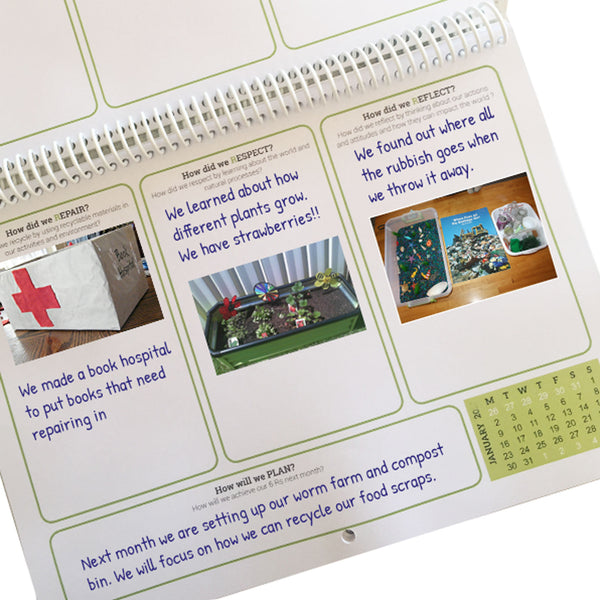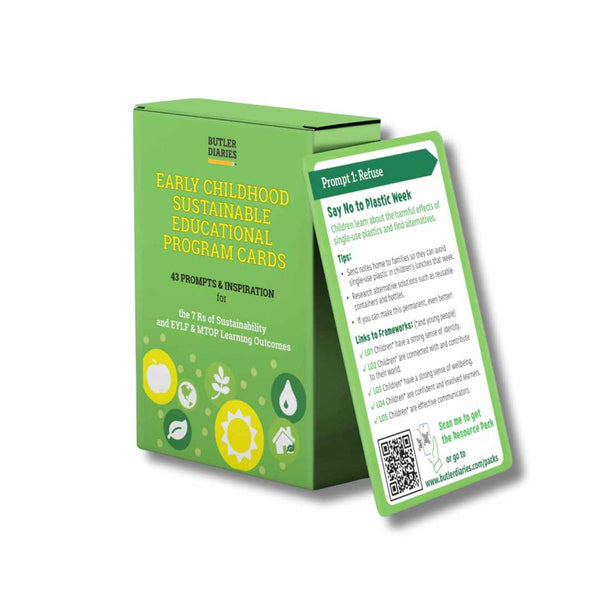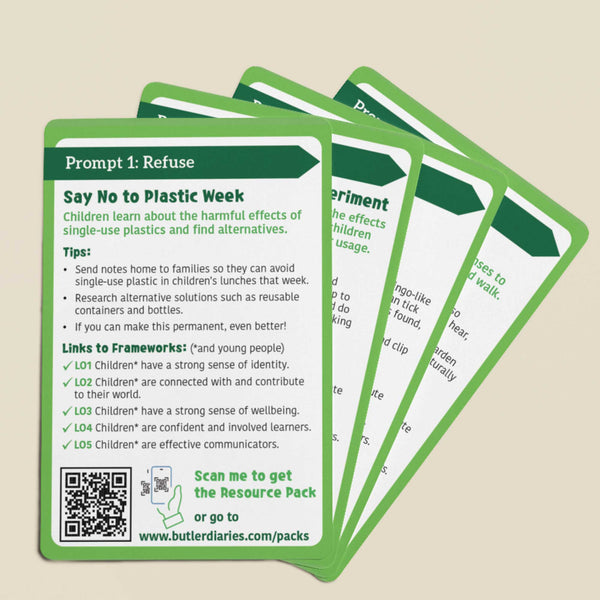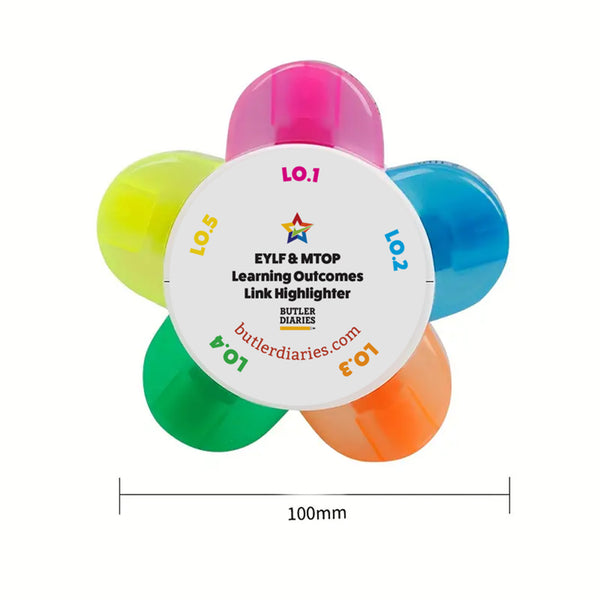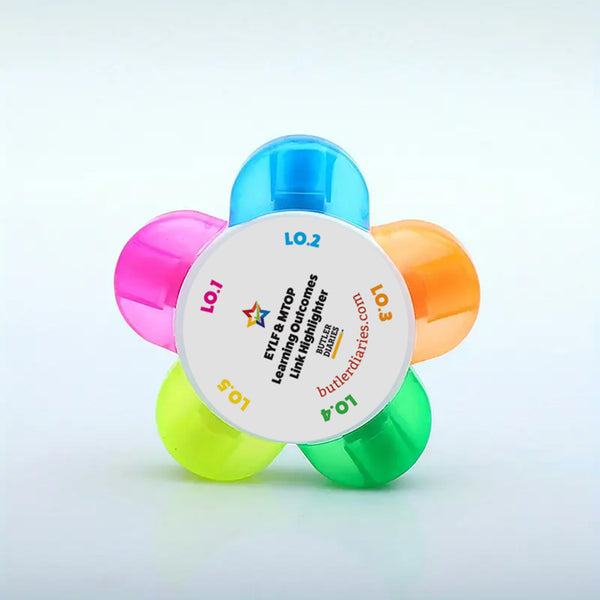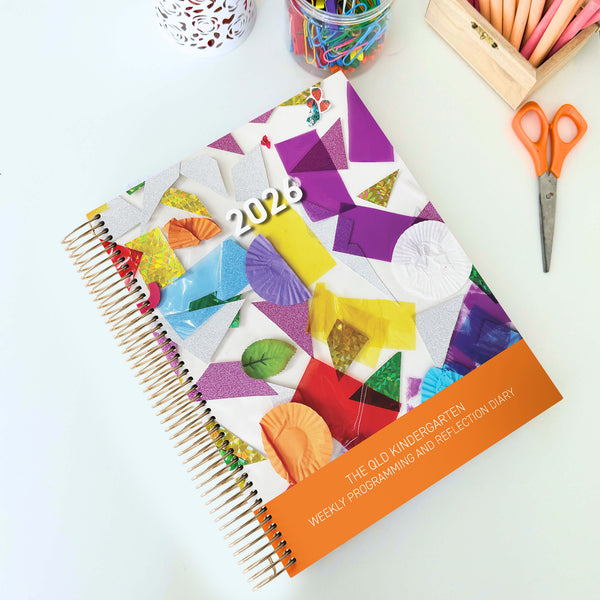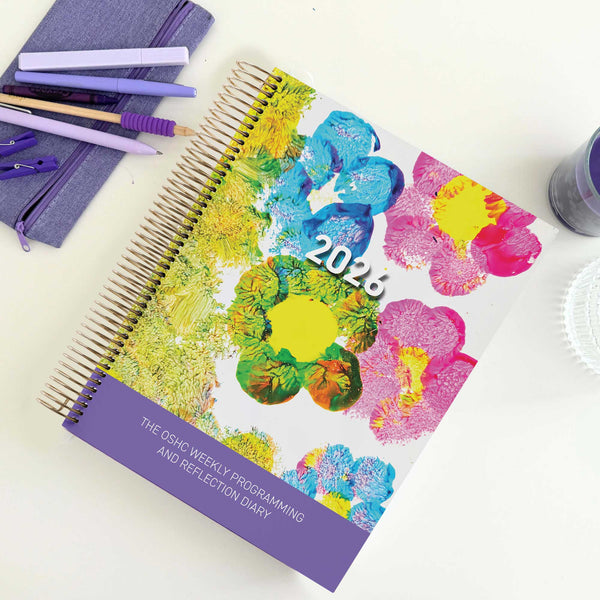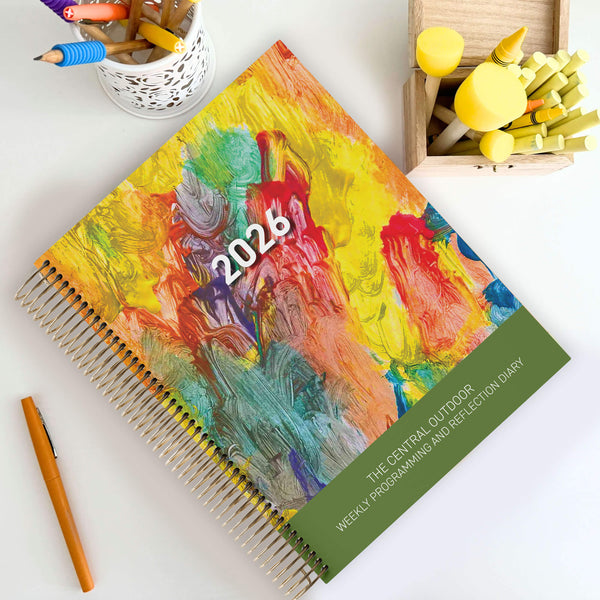Sustainability in Childcare
Our Sustainable Year is a monthly sustainability childcare calendar designed to highlight these practices carried out in the Early Learning Setting. It is a monthly reminder to actively involve children in sustainable practices and activities as well as a record of the activities for parents and assessors to view.
Nurturing children's interests, you can write stories, draw pictures or stick in photos to document your month while embedding sustainability into each child's learning journey.
At the end of the year, your planning and or/reflections can go towards updating your Quality Improvement Plan in line with the Early Years Learning Framework for the year ahead.
We have based this monthly calendar on six of the Rs2 (Reduce, Reuse, Recycle, Repair, Respect and Reflect) and the relevant learning outcomes which then leads on to planning for the next month.
Reduce is about reducing the consumption of food, materials, and resources, which may involve working with parents on the problem of children’s exposure to advertisements promoting endless consumption.
Reuse is about showing children that materials can be used many times for different purposes in the ECE setting and at home.
Recycle can be encouraged by asking children to bring recyclable materials to school and integrating them into a range of activities.
Repair involves taking care of broken toys and other objects and repairing them.
Respect is about nurturing understanding of and respect for nature and natural processes and reducing the extent to which they are violated.
Reflect is a habit and skill everybody will benefit from in working for sustainability. It is about thinking and talking about our actions and attitudes and how they can impact our world.
One of our wonderful customers who has been using our Sustainability Calendar is Carly who is the Sustainability Officer at her centre.
Here are some great examples of the ways you can use sustainable practices in your service. What an amazing outcome!
"We have the calendar displayed in our hallway in our centre so parents can see it too. I have also added a piece of paper next to the calendar so the parents can write comments or ideas if they want to. I have photos of all the different sustainability projects we have done with the children throughout the year displayed around the calendar. Parents love looking through the calendar." she said.

Here are some of the projects she documented.
Recycled Pot Birdbath
"My favourite thing we did this year was working together as a whole centre to create a bird bath out of used pots that parents brought in. Each room decorated a pot and we put all the pots together and turned it into a bird bath. It now is out the front garden to our centre so everyone can see it and the birds love it. I am so proud of everyone working together to make it a real whole-centre project."

Reused Juice Bottles Bird Feeders
While on the topic of birds, these juice bottles made great bird feeders.


Nappy Box Gingerbread House
Check out this awesome gingerbread house made from nappy boxes!

Recycled Drink Bottle Sensory Play
Aren't these sensory bottles great! "We got parents to bring in loose parts to create the sensory bottles"
Mud Kitchen
"We used a recycled sink and old cot to make a mud kitchen." If you can't repair it then reuse it!

TenPin Bowling Pins
"We reused bottles to create ten pin bowling game"

Music Wall from Pots and Pans on a Fence
"We reused pots and pans to create a music wall"

Mug Holder Curtain Ring Stacking Game
"We reused mug holders and curtain rings to make a stacking game. It's amazing what you can create from parents' donations"

Here are some more images of great ideas!







Isn't it amazing what can be done with some imagination and a dedication to sustainability!? Thank you Carly for sharing!
Make sure when documenting that you link your activities to the National Quality Standard and also the EYLF and MTOP learning outcomes where you can. You can also document these in your Weekly Programming and Reflection Diaries.
Assessors, parents and community love it when you are thinking about outcomes for children and following the standards. We had one educator who won an award from her council for her efforts that she documented in our calendar!
Quality Area 3 of the National Quality Standard focuses on the physical environment, assessing that it is safe, suitable and provides a rich and diverse range of experiences that promote children’s learning and development, and children becoming environmentally aware and responsible.
Standard 3.2 of the National Quality Standard requires services to take an active role in caring for its environment and contributes to a sustainable future. For a service to be meeting the National Quality Standard, element 3.2.3 requires that sustainable practices are embedded in service operations. NQS Element 3.2.3: The service cares for the environment and supports children to become environmentally responsible. (Revised 1 Feb 2018 Version)
This requires that children develop an understanding and respect for the natural environment and the interdependence between people, plants, animals and the land. Educators and children work together to show respect, care and appreciation for the natural environment.1
1 Guide to the National Quality Standard, ACECQA 2020
2 Based on extracts from I. Pramling Samuelsson and Y. Kaga, eds., The Contribution of Early Childhood Education to Sustainable Society (Paris: UNESCO, 2008)









